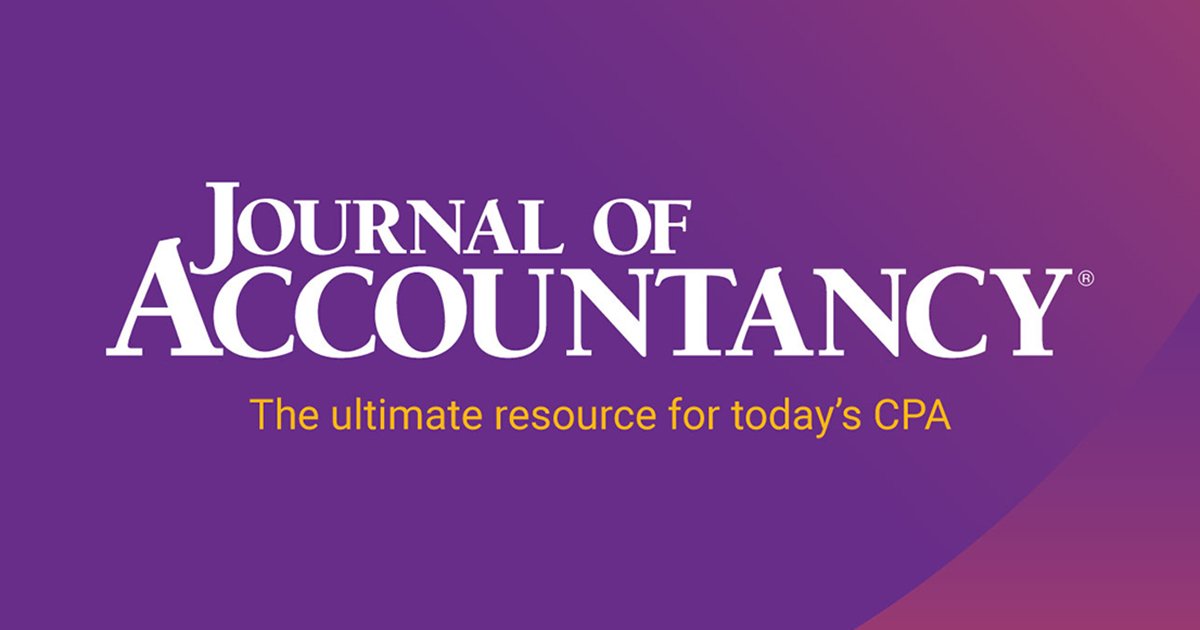An AICPA Professional Ethics Executive Committee (PEEC) task force is seeking feedback after issuing a discussion memorandum featuring its preliminary conclusions about potential revisions to independence rules related to alternative practice structures.
Public comments should be emailed to ethics-exposuredraft@aicpa.org by June 15.
PEEC’s Alternative Practice Structures (APS) Task Force project to revise interpretations in the AICPA Code of Professional Conduct (the Code) is driven by the increasing prevalence of private-equity investment in accounting firms.
“Firms that we have talked to have told us that they want to ensure that they are doing the right thing and complying with the AICPA Code, as well as state laws,” Lisa Snyder, task force co-chair and PEEC member, said during a recent webcast prior to the discussion memorandum release. “So, we believe that by issuing this discussion memorandum with the task force’s preliminary conclusions, it will allow firms out there to understand at least where we are heading and also allow the task force to identify any issues or any unintended consequences that maybe we haven’t considered.”
Snyder said the task force would use the feedback to create an exposure draft that includes “a new APS interpretation under the independence rules, and it is expected to replace the extant interpretation within the Code. I also want to note that the discussion memorandum, we want to be clear that it should not be considered guidance that firms or others should be relying upon at this point, but it does represent our views to date on practicing within an APS structure and the various independence issues that should be considered.”
While the Code has had robust protections in place regarding outside investment in CPA firms for more than 25 years, PEEC believes more clarity is needed, particularly around issues involving auditor independence, portfolio companies, and other private-equity-related entities.
“Private-equity investment in accounting is a great validation of the strength and stability of the profession, and it’s one way for firms to fund technology upgrades and growth acquisitions,” Sue Coffey, CPA, CGMA, AICPA & CIMA CEO–Public Accounting, said in a news release last month. “It’s crucial, however, to make sure integrity of the attest function is not compromised and that the public interest is protected. The PEEC has done extensive work to ensure those guardrails are both well understood and relevant to current practice.”
Only licensed CPA firms can provide attest services, with clearly defined firewalls required for investors taking a piece or outright control of an entity that provides only nonattest services. SEC rules and state laws offer additional layers of protection in this area, but PEEC developed its task force two years ago as private-equity investment in nonattest entities started to become more common.
The task force is seeking comment on its depiction and characterization of an APS, its preliminary conclusions and two options for a draft interpretation of independence rules — one that includes a specific private-equity-related example and another that is more general. In both instances, the draft interpretations would create a three-step process based on the preliminary conclusions:
- Determine which entities associated with the alternative practice structure are network firms, a term defined in the Code. Network firms are subject to independence requirements for financial statement audit and review clients.
- Determine which individuals associated with the alternative practice structure are covered members subject to independence requirements.
- Determine which additional relationships and circumstances associated with the alternative practice structure create threats to independence, and
- Identify relationships and circumstances where independence would be impaired.
- Apply the “Conceptual Framework for Independence” (ET §1.210.010) to any other relationships and circumstances that the member knows or has reason to believe may exist.
When evaluating the first step, the nonattest entity would be considered a network firm of the attest firm. Alternatively, a private-equity investor, its funds, and other portfolio companies would generally not be considered network firms, so portfolio companies could conceivably provide nonattest services to attest clients. However, there may be circumstances where a portfolio company could be defined as a network firm for other reasons that are spelled out in the discussion memorandum.
— To comment on this article or to suggest an idea for another article, contact Bryan Strickland at Bryan.Strickland@aicpa-cima.com.





